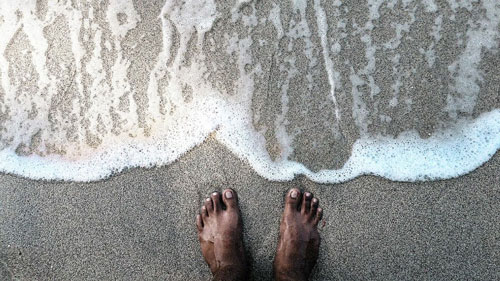THE world’s ocean has faced unprecedented challenges due to human actions. A new report argues that ocean health is “intricately linked” to human health.
The report demonstrates these links and sets out strategies for restoring the damage done to the ocean.
In a new report, a team of researchers argues that the world’s ocean is “intricately linked” to human health. As a consequence, repairing the human-influenced damage done to the ocean will also benefit human health.
In the paper, which appears in the American Journal of Public Health, the authors say that restoring the health of oceans should not just be the priority of marine scientists but also the medical community and the public more broadly.
The ocean covers 71% of the Earth’s surface and is crucial not only for environmental health but also for the health of humans.
The team highlights that the United Nations (UN) have announced the Decade of Ocean Science for Sustainable Development, covering 2021–2030. They argue that this is an ideal time for humanity to rethink its relationship to the world’s ocean.
According to Prof. Sheila J. J. Heymans of the European Marine Board and a co-author of the article, “the UN Ocean Decade is a chance to transform the way we interact with the global ocean.
Given how critical the link is between the health of people and the health of the ocean and how important the ocean is for humans, achieving the aims of the Ocean Decade should not be left to just the ocean community.”
“By working together with communities, policymakers, business[es], and other stakeholders, we add impetus to finding powerful, effective, new ways to foster a step-change in public health.”
This micronutrient test checks for vitamin B12, D, E, Magnesium, Copper, Selenium & Zinc. Get your results in 2-5 days from an accredited laboratory with free shipping, Order today for 30% off. The researchers highlight that around the world, swimming in polluted seas is linked with over 250 million cases of respiratory illness and gastroenteritis each year.
Furthermore, Arctic indigenous peoples have become exposed to a build-up of organic pollutants. Coastal communities are exposed to indirect damage to their health when fish stocks collapse, restricting access to food and severely reducing livelihoods.









